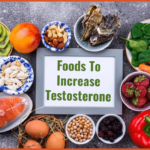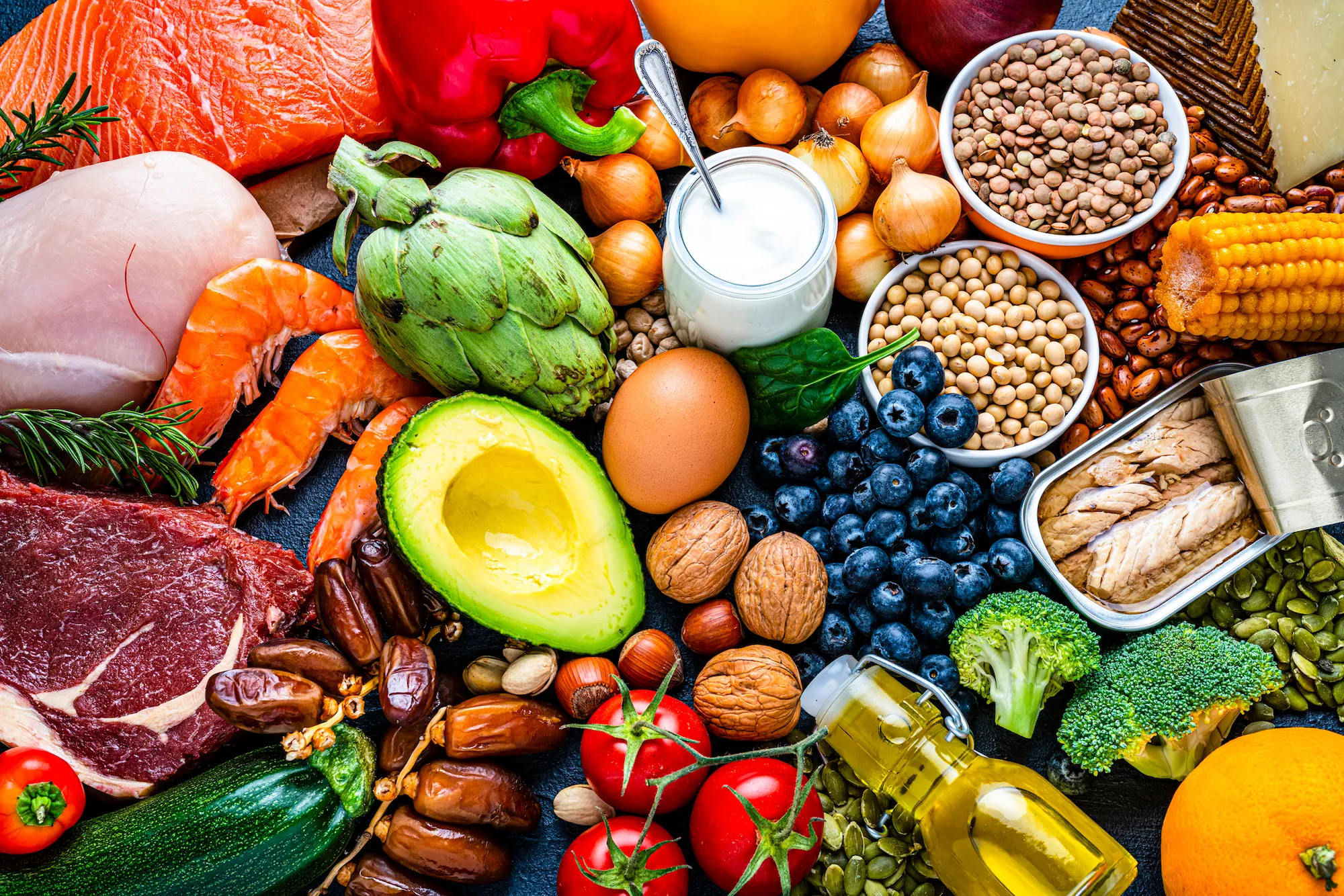Eating a healthy vegan diet is entirely possible by ensuring you obtain all the necessary nutrients from plant-based sources. Here are some tips to help you eat healthy on a vegan diet:
- Focus on whole, unprocessed plant foods: Fill your plate with a variety of fruits, vegetables, whole grains, legumes, nuts, and seeds. These foods provide essential vitamins, minerals, fiber, and antioxidants.
- Ensure adequate protein intake: Include plant-based protein sources such as beans, lentils, chickpeas, tofu, tempeh, seitan, edamame, and quinoa. Combining different plant proteins throughout the day can provide all the essential amino acids your body needs.
- Consume a variety of fruits and vegetables: Aim to include a colorful array of fruits and vegetables to ensure you’re obtaining a wide range of essential vitamins, minerals, and antioxidants. Different colors indicate varying nutrient profiles.
- Incorporate whole grains: Choose whole grains like brown rice, quinoa, whole wheat bread and pasta, oats, and barley. They provide important nutrients and fiber, promoting satiety and digestive health.
- Include plant-based sources of healthy fats: Incorporate sources of healthy fats into your diet, such as avocados, nuts, seeds, coconut oil, and olive oil. These fats provide essential fatty acids and support overall health.
- Consider fortified plant-based milk alternatives: If you consume non-dairy milk, choose fortified options to ensure adequate intake of nutrients like calcium, vitamin D, and vitamin B12.
- Be mindful of nutrient deficiencies: Pay attention to nutrients that may be lacking in a vegan diet, such as vitamin B12, iron, calcium, and omega-3 fatty acids. Consider supplements or fortified foods if necessary and consult a healthcare professional or registered dietitian for personalized advice.
- Plan meals and snacks ahead of time: Planning your meals and snacks can ensure that you have a well-balanced and nutritious vegan diet. It helps with grocery shopping, meal prepping, and making healthier choices.
- Minimize processed foods and added sugars: While vegan alternatives like vegan cookies, snacks, and desserts are available, these should be consumed in moderation. Focus on whole foods and homemade meals to control the quality and quantity of ingredients.
- Stay hydrated: Drink plenty of water throughout the day to stay properly hydrated. Limit sugary beverages and choose water, herbal teas, or infused water as your main source of hydration.
Remember, if you have specific dietary needs or health conditions, consulting with a healthcare professional or registered dietitian is recommended for personalized advice and guidance on your vegan diet.











